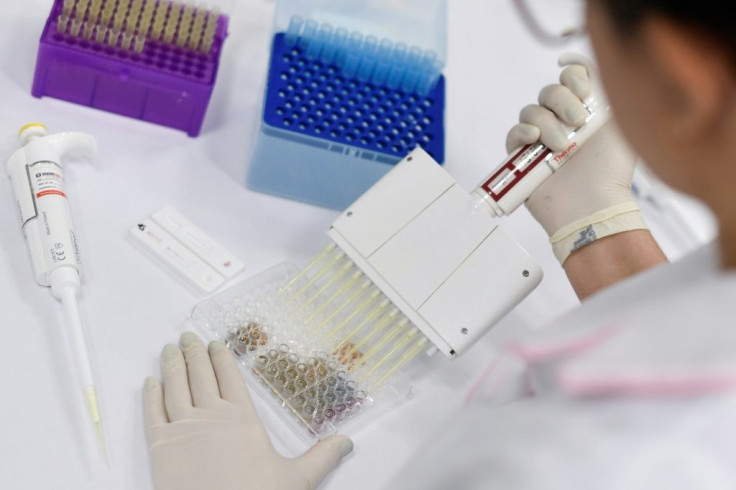Coronavirus Vaccine: Over 160 Countries To Join Initiative To Ensure Effective Distribution

Over 160 countries have expressed interest in signing on for a global initiative to ensure the effective distribution of a potential vaccine for COVID-19 worldwide. Officials for the initiative, known as "Gavi," confirmed the consensus Wednesday, with 90 low-income countries and 75 richer countries formally expressing interest in the program.
Gavi plans to provide all participating countries with enough vaccines to cover 20% of their populations. This plan was reportedly pitched to wealthier nations as an “insurance policy,” as many have already struck deals with vaccine makers to provide doses for their citizens. Gavi encourages, but does not require, these nations to donate their excess doses to poorer countries.
Among the countries that have joined with Gavi for its vaccine alliance include Argentina, Armenia, Brazil, Canada, Czech Republic, Estonia, Finland, Iceland, Ireland, Israel, Japan, Kuwait, Luxembourg, Mauritius, Mexico, Monaco, Montenegro, New Zealand, North Macedonia, Norway, Portugal, Qatar, Republic of Korea, San Marino, Saudi Arabia, Switzerland, United Arab Emirates and the United Kingdom.
Some have raised the concern that this program could enable rich countries to stockpile the vaccines they receive. This would leave poorer nations with only the 20% provided by Gavi while they struggle to find other sources to cover the rest of their populations.
“By giving rich countries this backup plan, they’re getting their cake and eating it too,” Anna Marriott of Oxfam International said in a statement. “They may end up buying up all the supply in advance, which then limits what Gavi can distribute to the rest of the world.”
Others have countered that Gavi’s plan is part of the work being done to find solutions to vaccine supply while one still is not available. Gavi CEO Dr. Seth Berkley has acknowledged the problems with the lack of an enforcement policy.
“If, at the end of the day, those legal agreements are broken or countries seize assets or don’t allow the provision of vaccines (to developing countries), that’s a problem,” Berkley said.
© Copyright IBTimes 2025. All rights reserved.





















